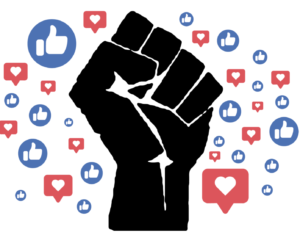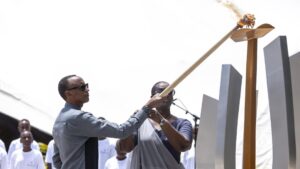
Since last August, more than 700,000 Rohingya Muslims left Myanmar to take refuge in Bangladesh.
The issue here is very complex. The Rohingya makeup about 4 percent of the Burmese population and are widely disliked by the majority in the country. The current military chief, Min Aung Hlaing, has gained huge domestic support for spearheading military action against the Rohingya. His plan is to run for president in 2020. His rising popularity poses two problems: 1) The military may restore its previous power that the Burmese people fought to reduce 2) The Rohingya will almost certainly continue to suffer.
These problems create unique challenges to both Aung San Suu Kyi and her party, the National League for Democracy (NLD). Aung San Suu Kyi became the first State Counsellor of Myanmar and NLD became the governing party through democratic elections in 2015. Their landslide electoral victories indicated the people’s desire to rid themselves of military rule.
What can democratic leaders do when people who gave them power ask them to remove a minority group? If Aung San Suu Kyi shows reluctance in driving out the Rohingya, then she could lose domestic political support and allow the military circles to regain power. But if Aung San Suu Kyi allows the genocide to continue, she will face extreme criticism by the international community.
There is an inherent discrepancy between what the international community wants and what the domestic constituents want. As the civilian leader, Aung San Suu Kyi must make some very tough decisions.
Firstly, Aung San Suu Kyi must leverage the power of the international community. The U.S. recently imposed sanctions on some key individuals in the Burmese military, including the military chief Min Aung Hlaing. Aung San Suu Kyi can negotiate both with the U.S. and the Burmese military. She has the diplomatic power and recognition to speak to the U.S. about lifting the sanctions which will put her in a favorable position with the military. She can negotiate with the military to bring about a Burmese constitutional reform in exchange for removing the sanctions. Right now, the Burmese military is an independent, check-less brach that both Aung San Suu Kyi as the State Counsellor and the Burmese president lack control of. The military even has the power to appoint some top cabinet posts and 25 percent of parliamentary seats. It is very hard to make meaningful amendments when the constitution allows the military to exert this much power. By leveraging the international community, she may be able to bring about necessary reforms to provide checks on the military.
Finally, the Rohingya genocide must end now. The international community has appealed to morality for a long time, but this systematic violence has yet to cease. This is partly because ethnic diversity in Myanmar makes it difficult to promote cooperation. There are 135 distinct ethnic groups across the country, and ethnic conflicts and civil wars have always hampered its economic growth despite having abundant natural resources. The solution here is not to drive out a super minority whenever it arises, but to protect it so that no ethnic group may live in fear of persecution. Myanmar will grow sustainably once everyone starts working together. I understand that this sounds idealistic, but I believe that Aung San Suu Kyi can bring unity among ethnic groups, as her father, Major General Aung San, once did to fight the British colonial rule together.
We had so much hope for Aung San Suu Kyi as the Burmese State Counsellor because we considered her as the icon of democracy. Unfortunately, she hasn’t lived up to our standard. But I don’t want to lose too much hope on her just yet. It depends on what she does now. There are still ways for her to stop the violence while garnering the public support. After all, she is still a highly respected figure both domestically and internationally. This is a crucial historical moment for Myanmar and its people. If she can bring unity, she can save the country.
-Jaywon Choi



